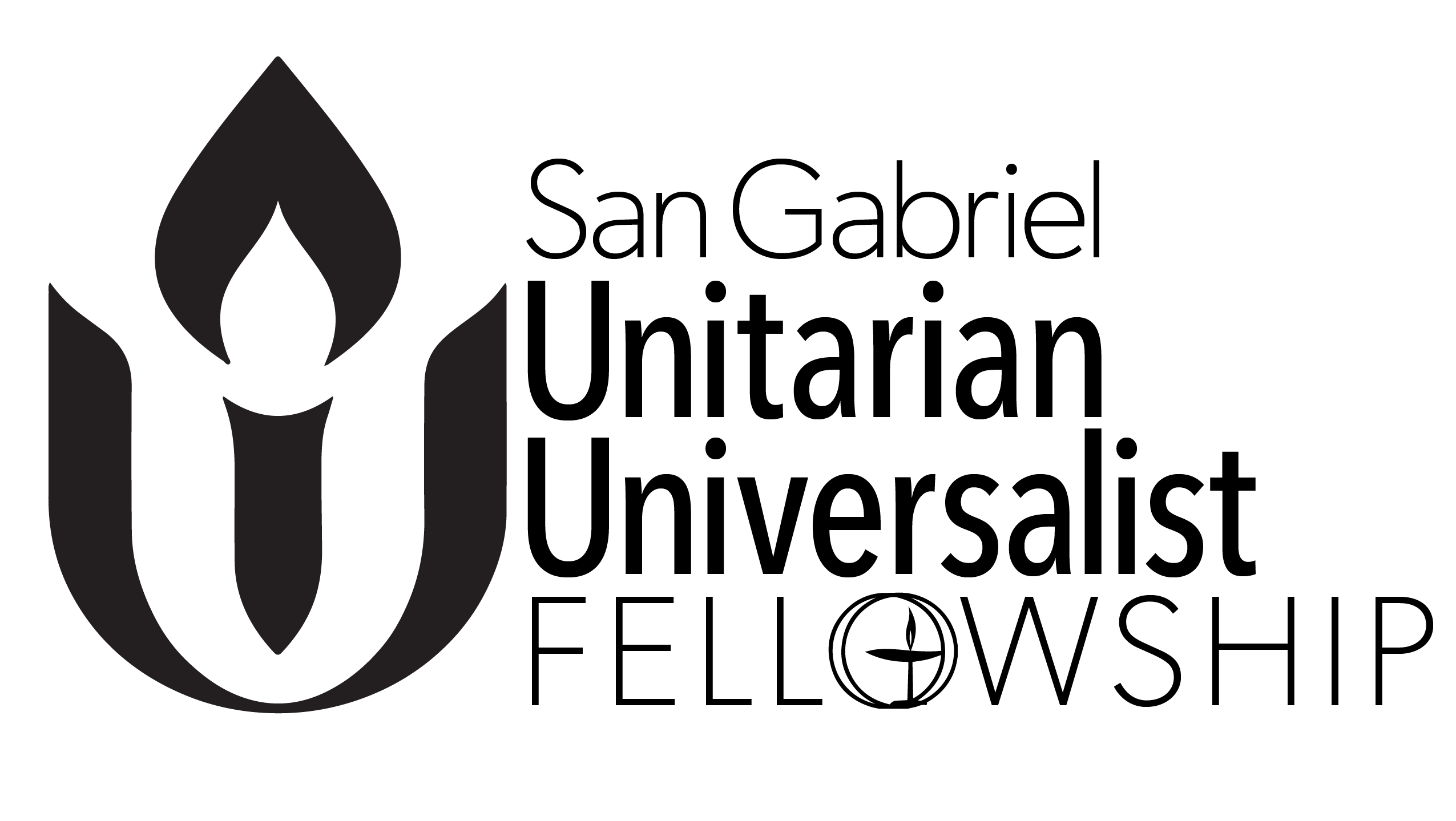Who were the Transcendentalists? In what way were they troubling? Who was troubled by their presence in the mid-to-late 1800s? Who is troubled by them now? What do they have to do with Unitarian Universalism? Why do we — or should we — care about them as we approach the mid-twenty-first century? These are some of the questions that I hope to answer in this week’s service. In his book American Transcendentalism, author Philip F. Gura calls the Transcendentalists one of this country’s “most compelling and influential intellectual” movements whose ideas have greatly shaped the ideal vision of this country. But the people who were part of the Transcendentalist movement were complex characters and defining who they were is not easy. Did they believe in self-reliance and rugged individualism above all else or did they believe that the most important goal in life was building a community within which there would be absolute equality for all? The answer is Yes! The Transcendentalists championed opposite ends of the spectrum of life and what it means to be human. They struggled with the dilemma of reconciling these opposites — a tension that still troubles us and whose resolution continues to elude us. We are incredibly fortunate to be able to claim Transcendentalism as one of the basic foundations of our faith tradition.
Google Map

